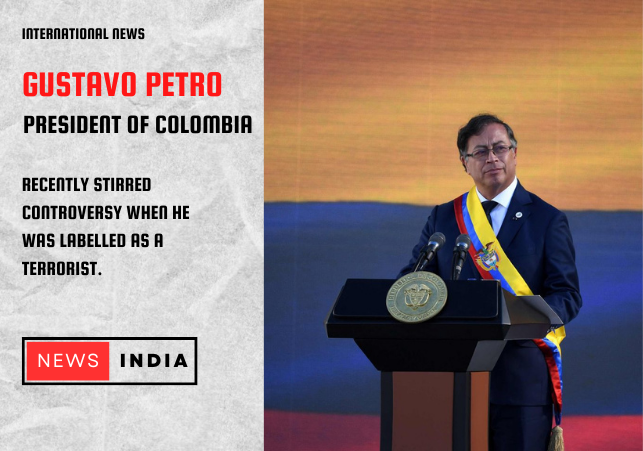

Controversy Surrounding Gustavo Petro: Unveiling Colombia's President's Past.
Gustavo Petro, the President of Colombia, has found himself embroiled in controversy after being branded as a terrorist by Argentine President Javier Milei. This accusation has led to heightened tensions between the two nations, prompting Colombia to expel Argentina's ambassador in retaliation. As the diplomatic spat unfolds, many are left questioning what actions led to Petro's vilification and whether his past holds the key to understanding these allegations.
A report in The New York Times sheds light on Petro's association with M-19, an insurgent organisation formed in response to electoral fraud during the 1970 presidential elections. M-19, comprised of university students, activists, and artists, purportedly aimed to dismantle the governmental system perpetuating socio-economic inequality. However, Petro later asserted that M-19's mission was to usher democracy into Colombia.
Petro's involvement with M-19 began at a young age, reportedly joining the group at just 17 years old. The organisation was implicated in some of Colombia's bloodiest episodes, including the 1985 seizure of the Judicial Building in the capital, Bogotá, resulting in a fatal clash with security forces claiming 94 lives.
M-19's controversial activities extended beyond armed resistance, with accusations of looting thousands of military weapons and adopting a Robin Hood-esque persona by distributing looted goods among people experiencing poverty. Despite these allegations, Petro maintains he was not involved in M-19's decision-making due to his youth at the time.
However, in 1990, M-19 disbanded, transitioning into a political party and advocating for constitutional reforms emphasising equality and humanity. This transformation marked a significant shift in Colombia's political landscape, shaping its constitution to reflect these values.
As the debate surrounding Gustavo Petro's past intensifies, it underscores the complexities of Colombia's political history and the challenges of reconciling with a turbulent past while striving for a more equitable future.